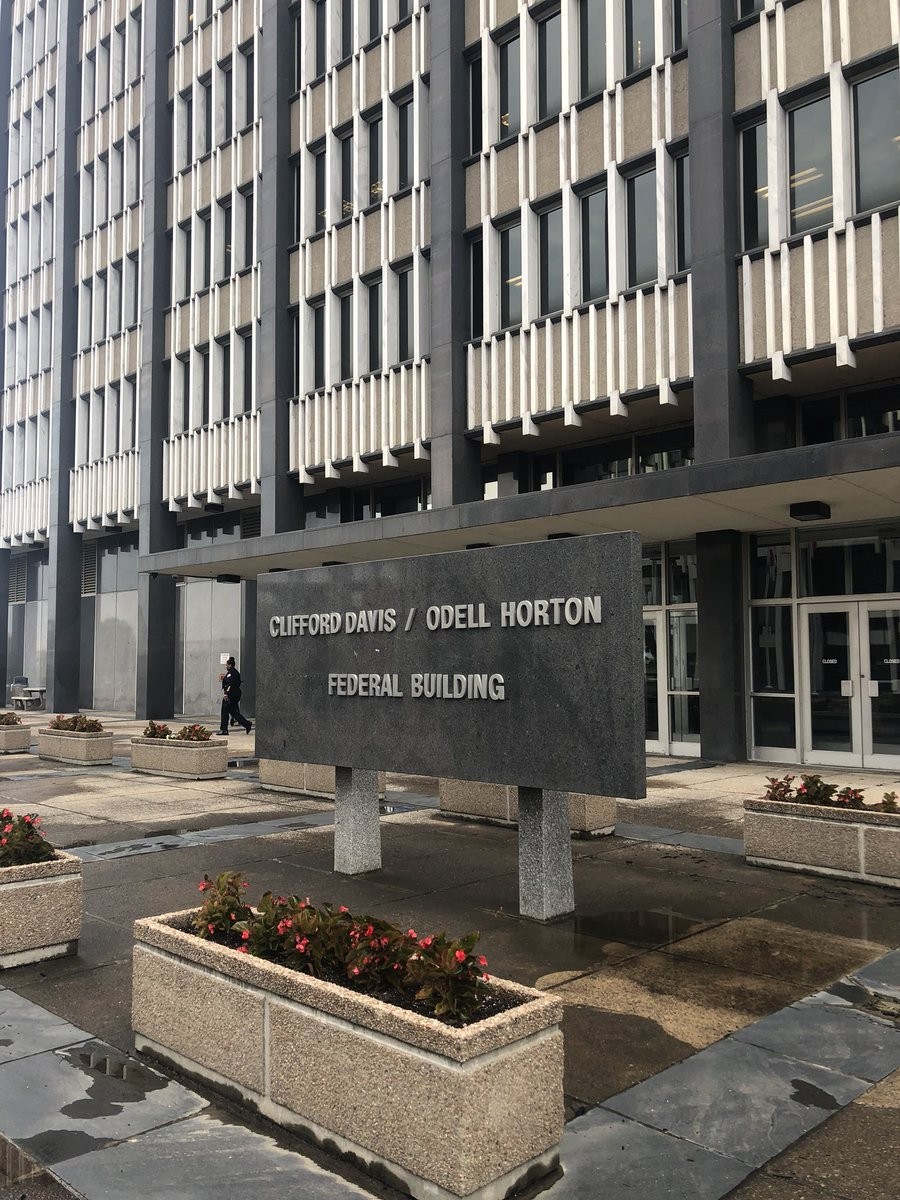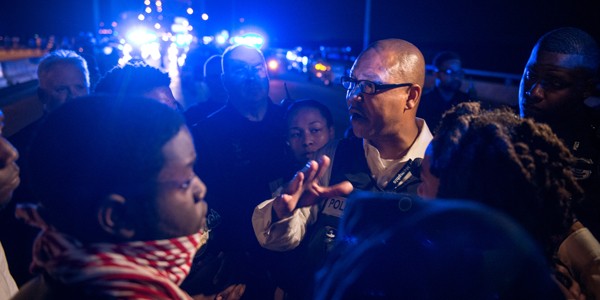
A community group in one North Memphis neighborhood has plans to protest on Saturday in opposition of the Memphis 3.0 plan.
The New Chicago Community Partnership Revitalization community development corporation said Thursday that the action, dubbed the “Stop Gentrification 901 March,” is meant to dissuade the Memphis City Council from passing the ordinance approving the comprehensive plan.
“African-American communities in Memphis will march against approval of Memphis 3.0 because we need capital investments, affordable housing, tax incentives, and jobs; not bike lanes and housing that prices us out of our neighborhoods,” the group said in an email.
In a Wednesday Facebook post, Carnita Atwater, president of the New Chicago CDC encouraged attendance of Saturday’s protest: “This opposition against the Memphis 3.0 Plan is too important to sit at home and just talk about it. React as if your life depends on it…and IT DOES if you want to stay in the city of Memphis!
Atwater also said the group is planning a march “in every black neighborhood across this low-down, disrespectful city until justice is served in this city. WE WILL NOT BE QUIET AND WE WILL CERTAINLY will pull the rug from over these low-down city leaders that think that black lives do not matter.”
[pullquote-2] The march is slated for Saturday, March 30th at 9:00 a.m. beginning at the New Chicago CDC headquarters on Firestone.
Last week more than two dozen New Chicago residents attended the city council meeting to oppose the council’s passing of the plan. As a result, the council delayed the vote until its April 2nd meeting.
Atwater also said last week that she would be filing a $10 billion lawsuit against the city because the plan was not inclusive to North Memphis.
Atwater said Thursday that she is still in the process of filing that lawsuit, as “that’s the only thing that will stop these people.”
“The basis for the suit is racial disparity,” Atwater said. “It’s very clear it’s not inclusive. Why would you pass a plan and there’s no specific details for what they will do for African-American communities that look like war zones. It’s not a black thing or a white thing, but a human rights thing.”
But, Ursula Madden, chief communications officer for the city, said that Atwater “has been a part of the conversation” and that “the city has met with her on numerous occasions.”
[pullquote-1] “It’s unfortunate that Ms. Atwater feels this way,” Madden said in a statement. “Over the last two years, over 15,000 Memphians took the opportunity to share their ideas, any concerns and actively participated in the planning process for Memphis 3.0.
“The New Chicago neighborhood is one of many anchors in our plan and the New Chicago Community Partnership Revitalization CDC is listed as one of our community planning partners based on this group’s input in the plan.”
The Memphis 3.0 plan, which has been in the works for the past three years, is a comprehensive guide for future development and investments in the city, officials have said.
The plan details specific strategies for nurturing, accelerating, or sustaining certain neighborhoods within the city’s 14 planning districts.


 Brandon Dill
Brandon Dill